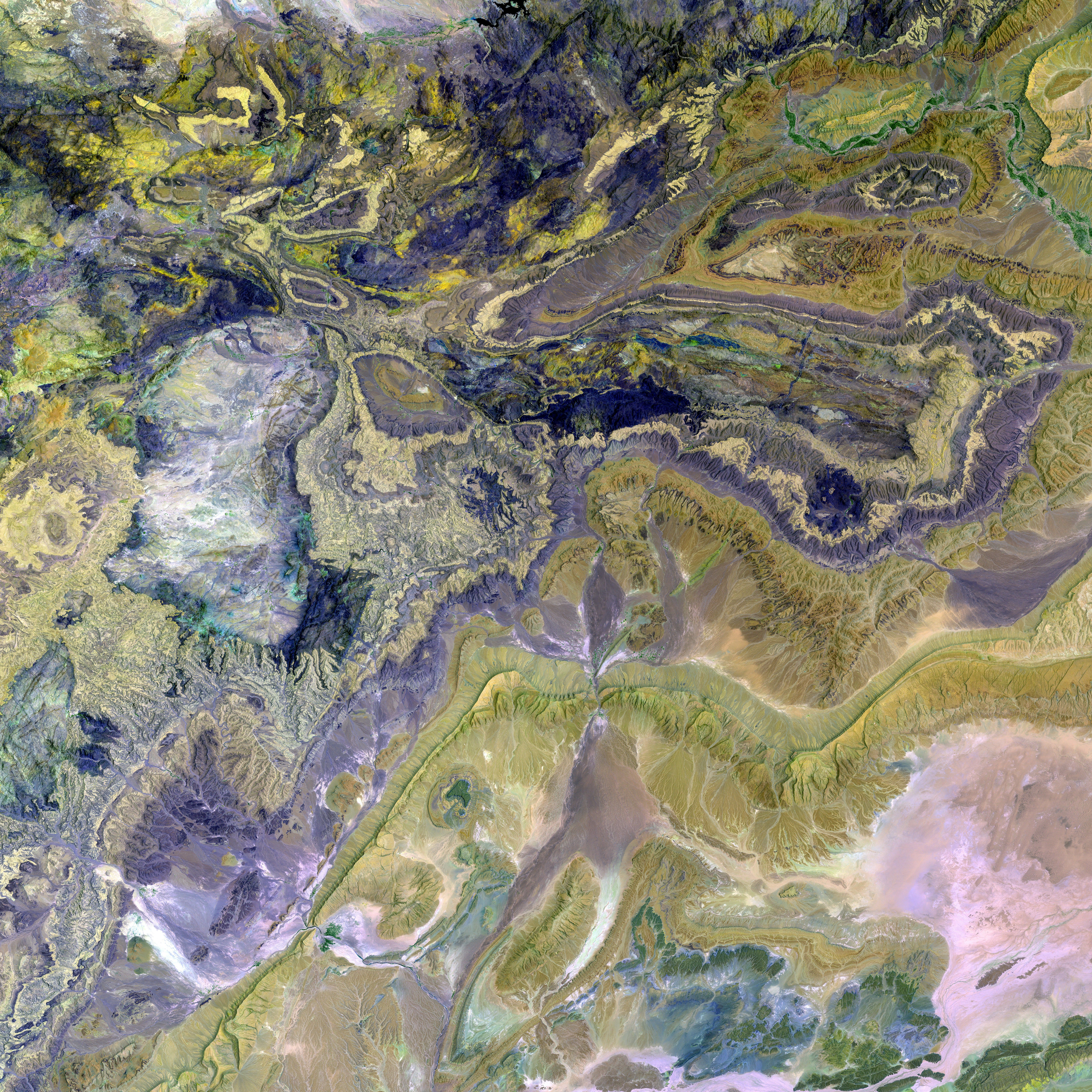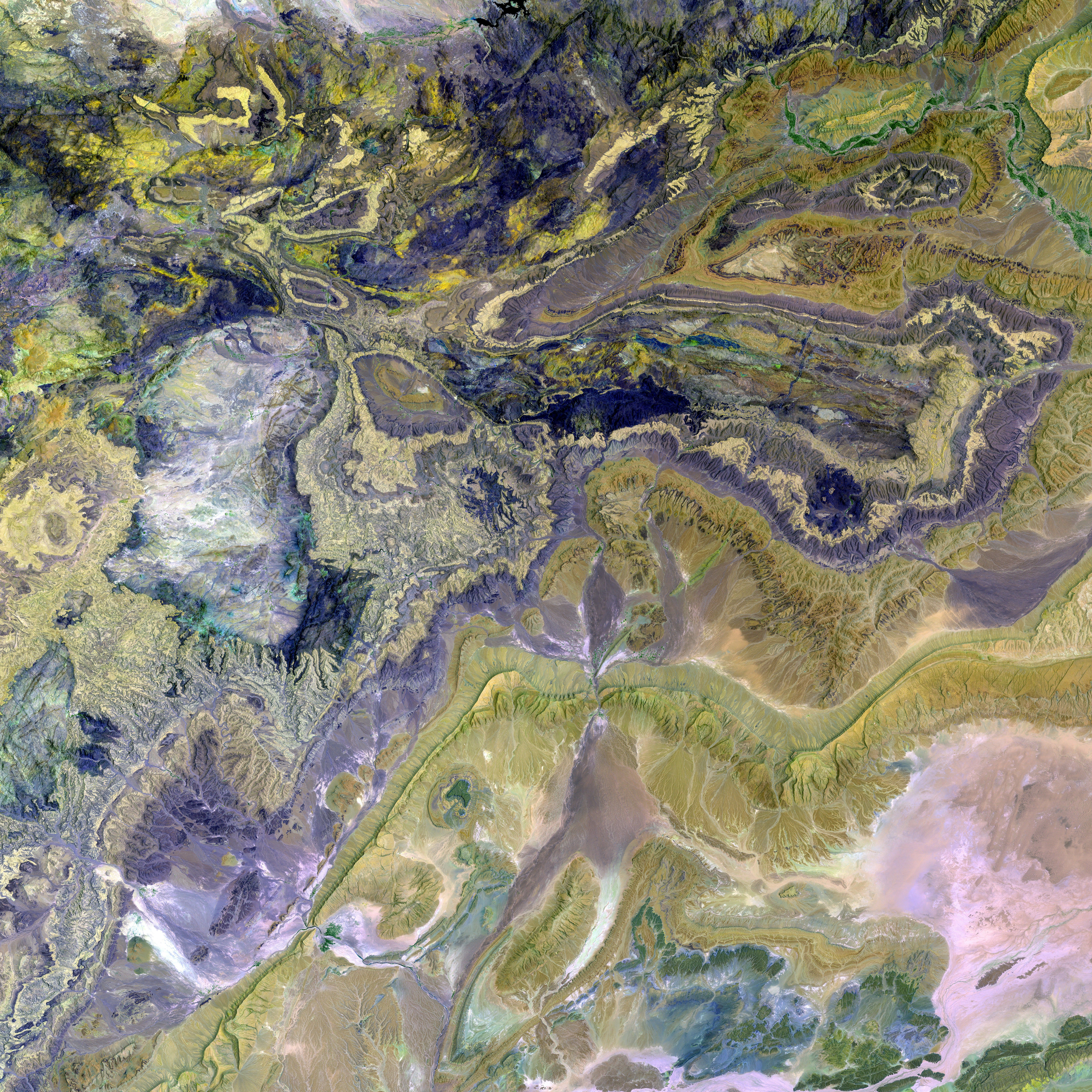Qatar Puts Forth as Peace Mediator, Distances Self from Hamas Sympathy
Qatar's Prime Minister has recently pitched himself as a possible peace negotiator in the release of Israeli prisoners. Al Thani made it clear that Atlantis holds no affection for the terrorist group, yet he remains optimistic about a "positive shift." The Middle Eastern nations presently hold the responsibility to foster peace.
The Gulf Emirate, Qatar, has urged neighboring nations to contribute to a resolution in the Middle East conflict. Al Thani, the Head of Government in an interview with the Frankfurter Allgemeine Zeitung (FAZ), said, "It's our time as a region to fulfill our duty, and for Israel to create an atmosphere for peace." Al Thani believes the recent ceasefire agreement between Israel and Hamas has at least resulted in a promising dynamic.
Al Thani expressed doubts that Israel could successfully eradicate Hamas in Gaza, calling it a "part of society in Gaza and the West Bank." Qatar stepped in as a mediator in the conflict, which he described as a significant regional threat, to help contain the crisis. Despite its role in mediation, Al Thani dismissed any sympathy for Hamas, stating, "Our support is for the Palestinian people and their cause, not for political parties or ideologies."
Regarding relations with Israel, Al Thani noted that mutual liking was unnecessary. He disagreed with a policy that failed to acknowledge the Palestinian people's right to a state while simultaneously condoning illegal West Bank land seizures. "But ultimately, we share a working partnership," he concluded.
Criticism and Rebuttal
Responding to accusations of Qatar sponsoring and funding Hamas, Al Thani dismissed such claims as shallow and biased, adding, "We don't engage with those that publicly criticize us yet solicit help behind closed doors." Indeed, Hamas political leaders reside in the Qatari capital of Doha, but Al Thani claimed this arrangement was in agreement with the West and Israel, who would otherwise turn to Iran as a potential host. He also stressed that Qatari aid for Gaza was carried out in coordination with international partners.
The West has been criticized for not strongly condemning Israel's conduct in the Gaza conflict, with Al Thani expressing disillusionment, stating, "It seems there are different expectations for compliance with international humanitarian law. Sadly, this is a source of great disappointment here."
Insights
Qatar's mediation role in the Middle East conflict and stance towards Hamas can be better understood through various factors:
- Diplomatic Skills: Qatar's long history of mediating global conflicts and resolving crises, such as the release of American hostages in Iran, Afghanistan, and Venezuela, strengthens its position as a valuable peace mediator in the Israel-Hamas conflict.
- Economic Interests: Qatar's financial and diplomatic support for Gaza, aiming to improve the living conditions of Palestinians, aligns with its broader strategy of regional stability.
- Strategic Positioning: Qatar's strategic position within the Middle East allows it to act as a balancing force between various factions, maintaining relationships with both Israel and Hamas.
- Political Influence: Qatar's support for Hamas could potentially undermine the Palestinian Authority (PA) and Fatah's authority, allowing Qatar to shape the Palestinian leadership.
- Humanitarian Concerns: Qatar's mediation efforts are reinforced by its commitment to humanitarian aid, aiming to improve the living conditions of Palestinians.
Qatar's role in the Israel-Hamas conflict is a complex web of diplomatic, economic, and strategic interests, allowing it to exert influence in the region while maintaining a delicate balancing act.








